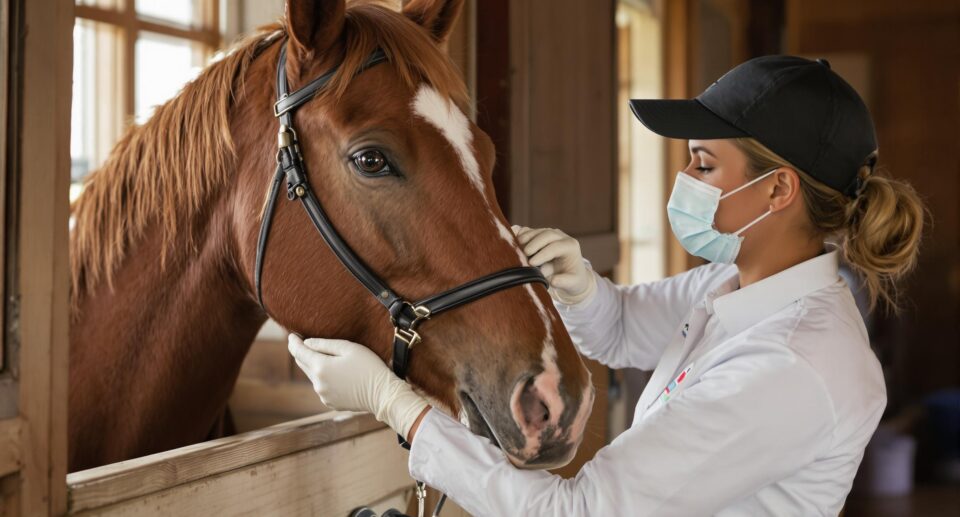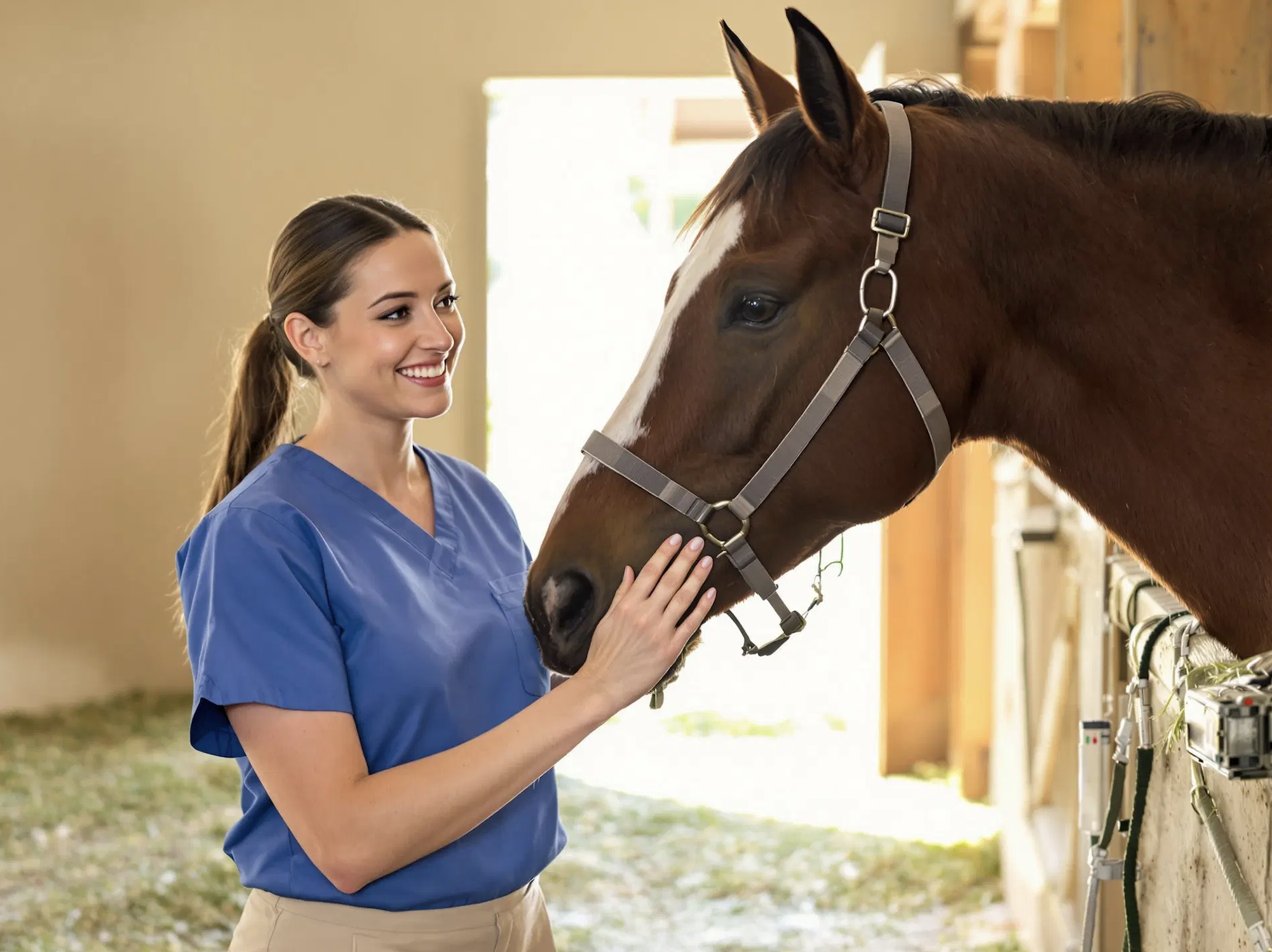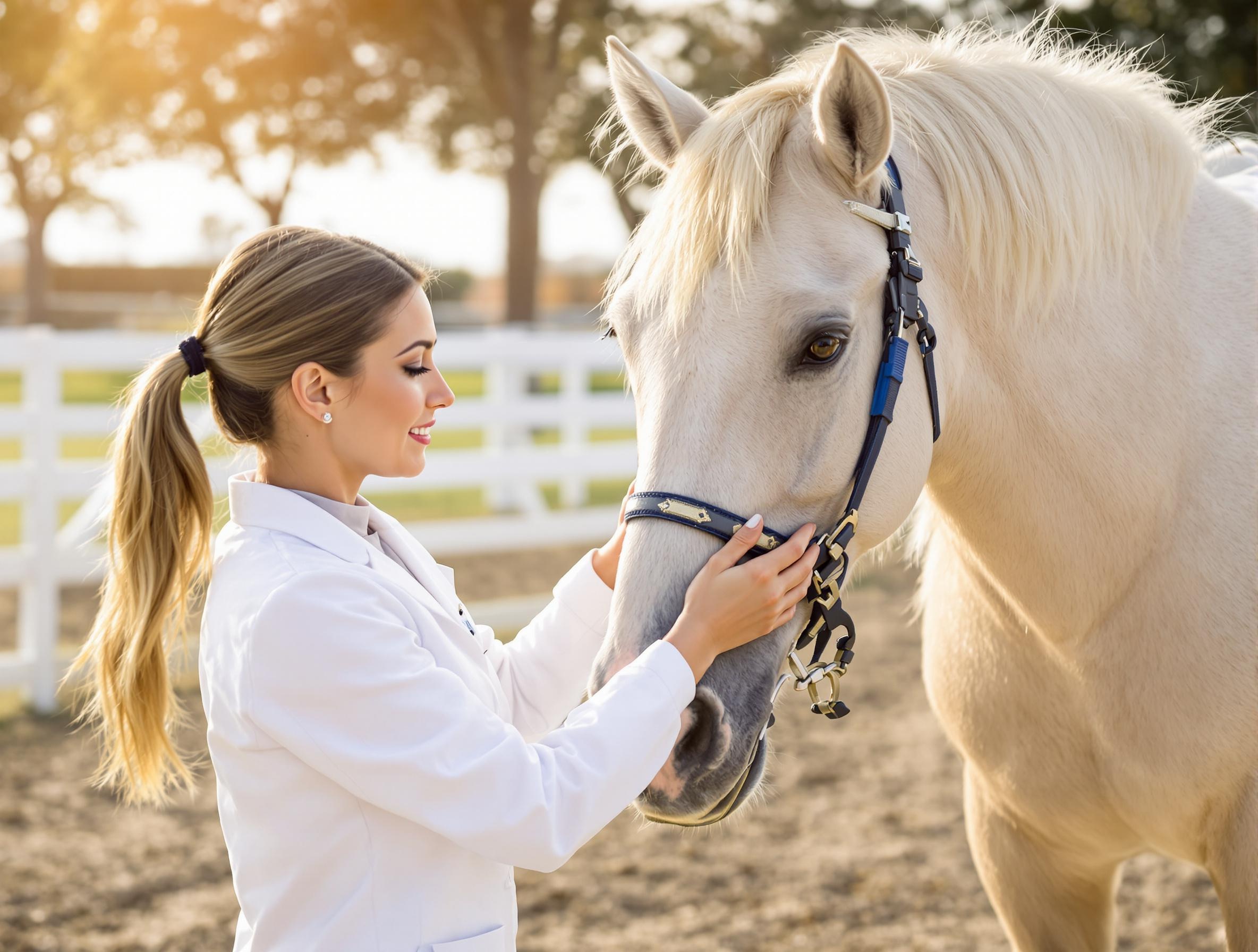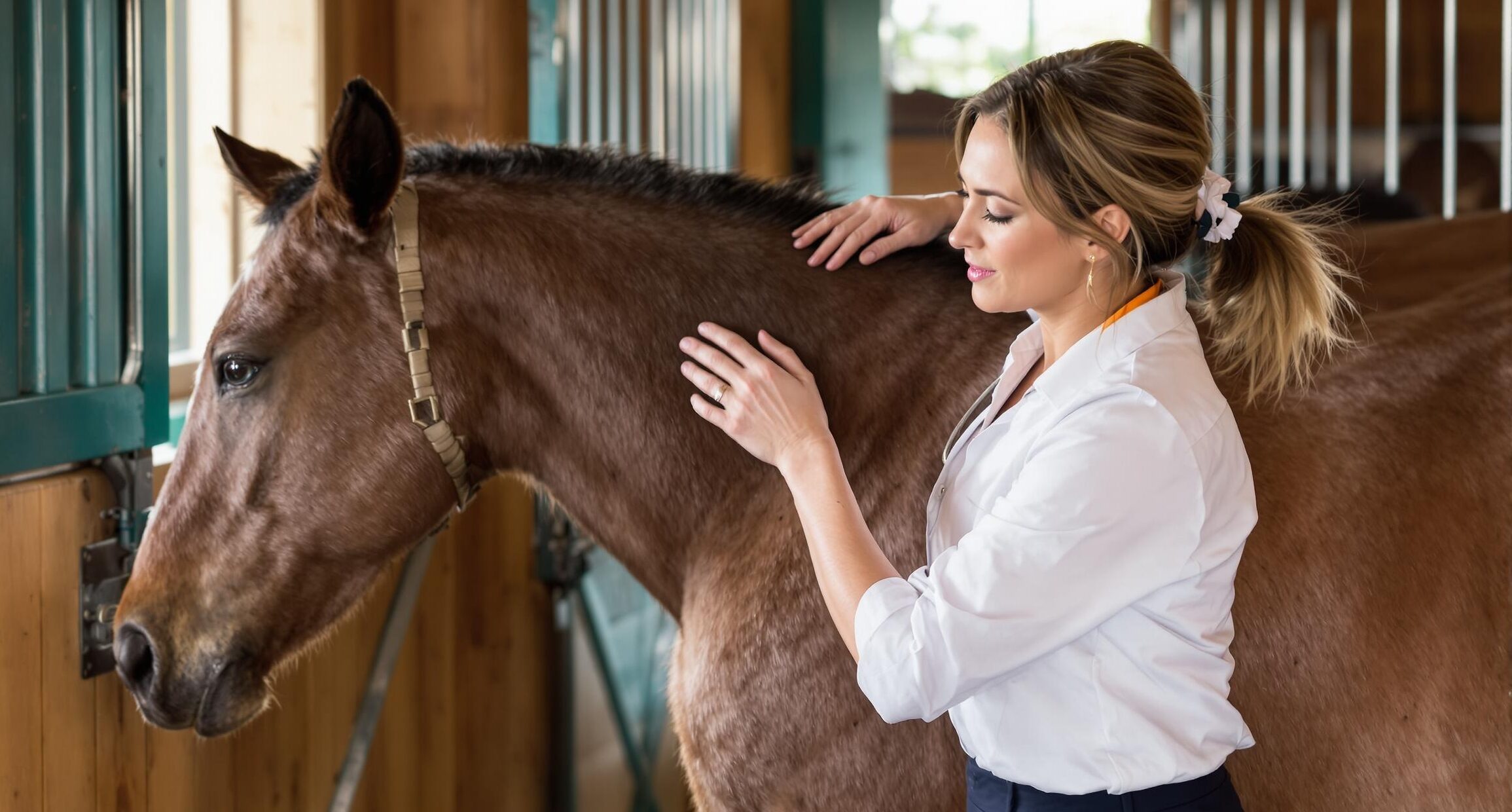Horse Wormers (Equine Wormers)

More than 150 parasites infect horses through soil, water, and flies. Among the most troublesome are large and small strongyles, bots, roundworms, threadworms, tapeworms, pinworms, and lungworms.
For most horses, parasites are not a token problem, but a serious problem that can cause anemia, colic, coughing, wheezing, poor hair coat, and poor performance. In addition, horses with parasites cost more to feed than horses without parasites.
Horse wormers (equine wormers) are provided in plastic syringes for easy dosing. Wormers are also available as granules that are added to your horse’s food daily. Unfortunately, there has been an increase in resistance to daily granule wormers, and it appears that horses on daily wormers do not have the same stimulus to develop parasite resistance as do horses that are wormed every 2-3 months.
- More than 150 parasites infect horses through soil, water, and flies.
- Horse deworming is especially important where the temperature is warm and moist, because parasite eggs survive for months in warm, moist conditions.
- In cold climates, horse deworming is also important because many parasites are not killed by the cold.
Each horse needs a deworming schedule based on his or her individual needs and on the time of year parasites are a problem. Schedules are developed that prevent worm damage caused as immature worms migrate through your horse’s body, as well as damage caused by adult worms. In general,foals and weanlings are dewormed every month or two until they are one year of age and adults are dewormed every 2-3 months, which is four to six times a year.
No deworming product kills 100% of all parasites, but it is not necessary to totally remove all parasites to improve a horse’s health and reduce pasture contamination.
Horse deworming is especially important where the temperature is warm and moist because parasite eggs survive for months in warm, moist conditions. In cold climates, deworming is also important because many parasites are not killed by the cold. Deworming is less important where it is hot and dry.
- Worm all horses on the same date.
- Deworm new horses before integrating them with established horses.
- Separate foals and yearlings from adult horses.
- Use an adequate deworming dose because under-dosing may increase survival of resistant worms.
- Use slow rotation of horse deworming products; that is, use one medication for a grazing season, then switch to a dewormer with a different active ingredient the next season. This slows the development of resistance. A fast rotation, which is switching wormers each time, increases the rate at which worms develop resistance. Not rotating dewormers also leads to parasite resistance.
- If multiple drug resistance develops, use two dewormers simultaneously.
- Move dewormed horses to a pasture that has not been grazed for a couple months. The most effective pasture rotation schemes provide for tilling, replanting, and regrowth before horses are reintroduced.
- Harrow pastures in the hot months, but not in cool months.
- Use feeders rather than feeding directly on the ground.
- Check fecals for worm eggs periodically to confirm deworming program effectiveness. If fecal exams are done before worming and 7-10 days after worming, parasite resistance to medications will be obvious.





